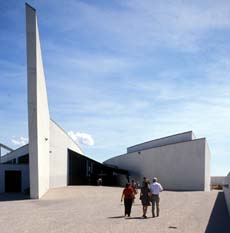index
Robert Pippin
click on images for full-size:



Modern open self-consciousness

History and self-consciousness (the Roman Senate)
Robert Pippin develops an approach that blends themes from Hegel and Nietzsche. He argues that there are automatic tensions to be found between the grammars within which we act and the self-active process by which those grammars are created or accepted. As long as the textures of our world do not allow us to acknowledge the way in which those grammars are developed and maintained, we will be pushed in the direction of developing more modern political and economic structures and more direct self-awareness. There is no strict necessity to the process but there is a kind of inevitability due to the constant tension caused by the inadequate autonomy allowed for by earlier social grammars. I agree with his general strategy but differ with him about the role that history and purified self-consciousness play in the process. (See Pippin 1989, Pippin 1991, Pippin 1997 and my discussion in Kolb 1999.)